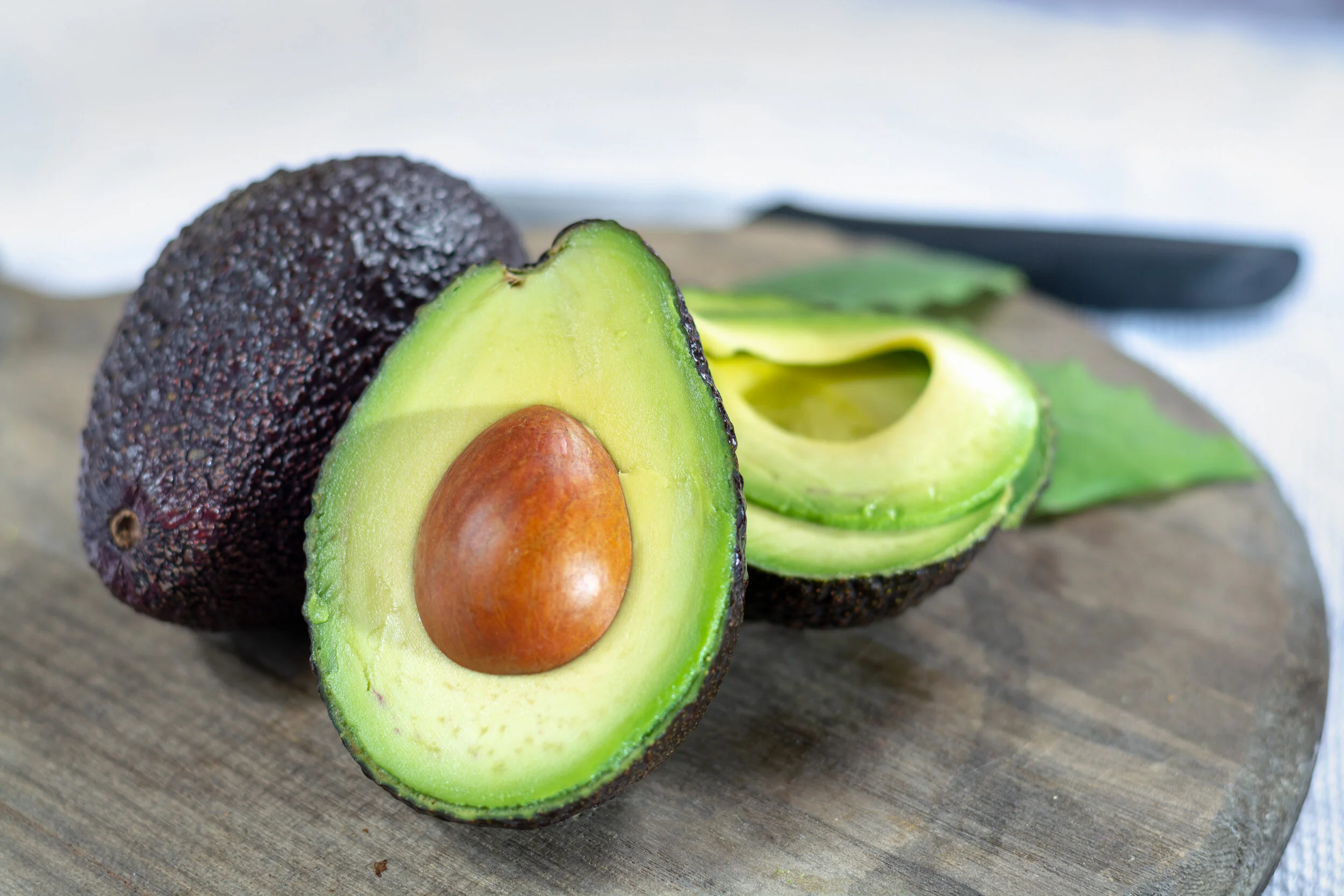Earth Day Feature — Veganism and Sustainable Eating
PHOTO CREDIT: BBC
By, Meera Dahiya and Olivia Eisenberg
Rates of veganism and vegetarianism are rising across the globe as more individuals realize the environmental impact of consuming meat. In the U.S., the sale value of vegan and vegetarian food reached around 2 billion dollars in 2017, up 23% from the previous year, according to Statistica. Reducing meat consumption can help lower greenhouse gas emissions, decrease rates of deforestation, lower energy consumption, and reduce water waste. According to the UN Food and Agriculture Organization, raising livestock has a major impact on greenhouse gas emissions as 9% of carbon dioxide, 40% of methane, and 65% percent of nitrous oxide emissions come from animal agriculture. Animal consumption also contributes to climate change through perpetuated deforestation for crops and pasture land. The Great Sage reports that raising livestock has contributed to the clearing of about 70% of forests in the Amazon. Meat production can also require significantly more energy — up to 100 to 200 times more water, Global Citizen finds. Switching to a more plant-based diet can have a significant environmental impact and act as a key step to slowing global warming.
PHOTO CREDIT: NBC
Though a vegan lifestyle greatly reduces your carbon footprint, there are a few things to look out for in order to make sure that you are keeping your negative environmental impact low. For example, buying fruits and vegetables out of season increases carbon emissions because they have to be imported. Chemical engineer Angelina Frankowska recently found that asparagus eaten in the United Kingdom has the highest carbon footprint of any vegetable eaten in the country because the majority is imported from Peru. Additionally, while alternatives to dairy milk use less land and emit less carbon, they still require large amounts of water to produce; 74 liters of water are needed for just one glass of almond milk, and 54 liters of water are needed for a glass of rice milk. Another common area in which a vegan diet can lead to a greater carbon footprint is through the consumption of avocados. About 2,000 liters of water are needed to produce just one kilo of avocados, According to the Water Footprint Network. That being said, foods like asparagus, almond milk, and avocados are much more sustainable than meat and dairy products — but there are always ways to reduce your carbon footprint, even as a vegan.
Veganism is a practice that isn’t accessible to everyone, but there are substantial ways in which you can reduce your food carbon footprint that doesn’t involve being vegan. Perhaps the most sustainable ways to consume food is through shopping locally or growing your own food, at farmers markets or small businesses. When shopping at grocery stores, the food you buy has likely traveled over 1500 miles to reach your plate, according to GoGreen. By shopping locally or growing your own food, you are reducing the miles it takes for food to get to your plate, and therefore reducing carbon emissions from transportation. Shopping locally also means you’ll be getting fresher produce, supporting local workers and protecting local land and wildlife. One exceptional example of a sustainable animal-based diet can be found in the habits practiced in Indigenous communities. These practices include avoiding overhunting, not wasting parts of animals, and only consuming in-season crops. The unsustainability of most animal product-based diets comes from the way in which the products are created. In today’s meat industry, cows are fed mostly corn instead of grass (this leads to land being used up quickly), and chickens are fed so much that their bones are unable to support their body weight -- over 1.4 million chickens died in 2016 before being slaughtered, according to the Food Standards Agency. This plethora of wasted resources has led to the meat and dairy industry producing 14.5% of the world’s greenhouse gas emissions, according to the UN's Food and Agricultural Organization. So, while meat and dairy produced in a factory plant is unbelievably detrimental to the environment, buying meat and other food products from local farms and markets can make an animal product-based diet surprisingly sustainable.
PHOTO CREDIT: NEWSWEEK
PHOTO CREDIT: THE GUARDIAN
Although practicing veganism and adopting plant-based diets has become more popular among a diverse array of individuals across the globe, veganism has also become more closely associated with Western culture. However, a 2018 Gallup poll shows that people of color are more likely to start a vegan or vegetarian diet — 9% of nonwhite individuals reported following a vegetarian diet while in comparison only 3% of white individuals did. Additionally, Black Americans currently make up the fastest growing vegan demographic, Vice reported. There are also many different cultures around the world that have a history of eating a more plant-based diet, yet white vegan culture often forgets to recognize the origin of common plant-based foods while appropriating these cultures. For instance, India and Brazil have two of the highest vegetarian populations. In India, almost a third of individuals are vegetarians and many staple foods like dal (lentils) and chole (chickpeas) have provided people with effective plant-based sources of protein for thousands of years. Taiwan, Jamaica, Mexico, and Vietnam also have a significant portion of vegetarian or vegan individuals. The Jamaican culture of Ital focuses on living from what comes from the land and ties together plant-based diets with spiritual practices. In Latin America, quinoa, a common source of vegan protein, primarily comes from Peru and was once considered a staple for indigenous populations in that area. Ethiopia’s Orthodox Christian tradition includes giving up animal based products for a large portion of the year, which has contributed to the many plant-based dishes of the region. It is important to recognize the cultures and individuals that have historically developed plant-based diets and credit them for the foods that have entered mainstream vegan culture.



